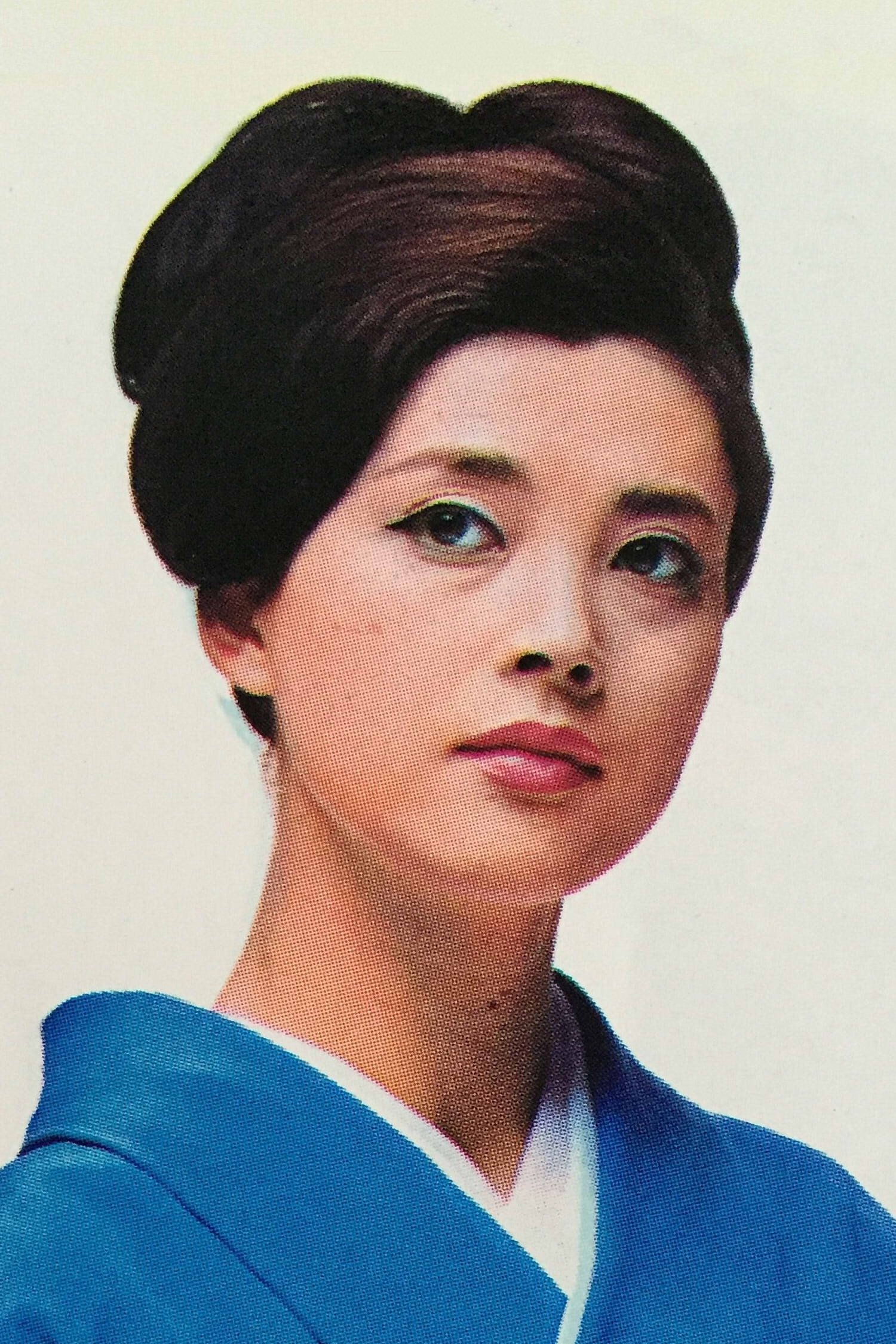
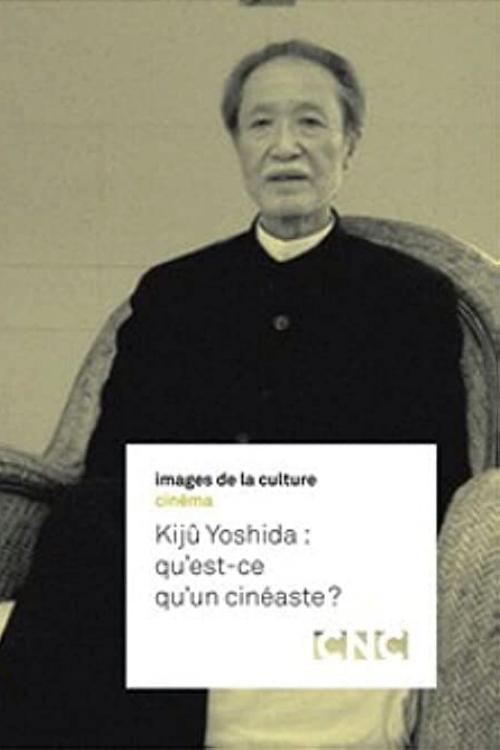
An overview of the life and work of legendary Japanese filmmaker Kijû Yoshida, a notable figure of the Japanese New Wave.
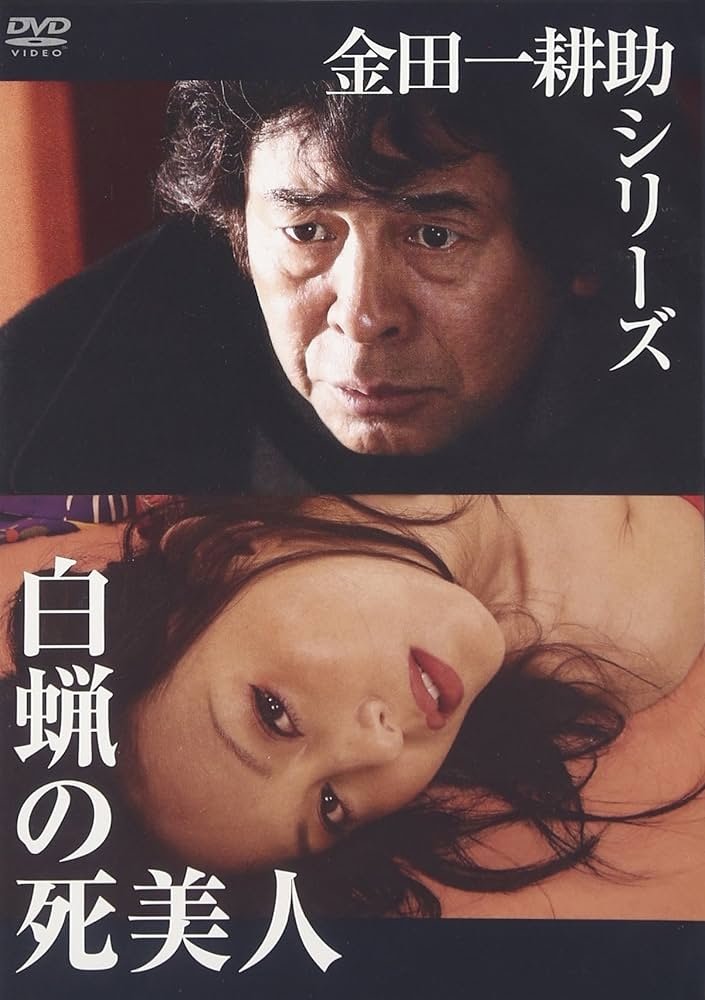
The wife of a famous resident of Kamakura awakens to carnal passion . . . And when her blood cools down it's because she's been murdered!
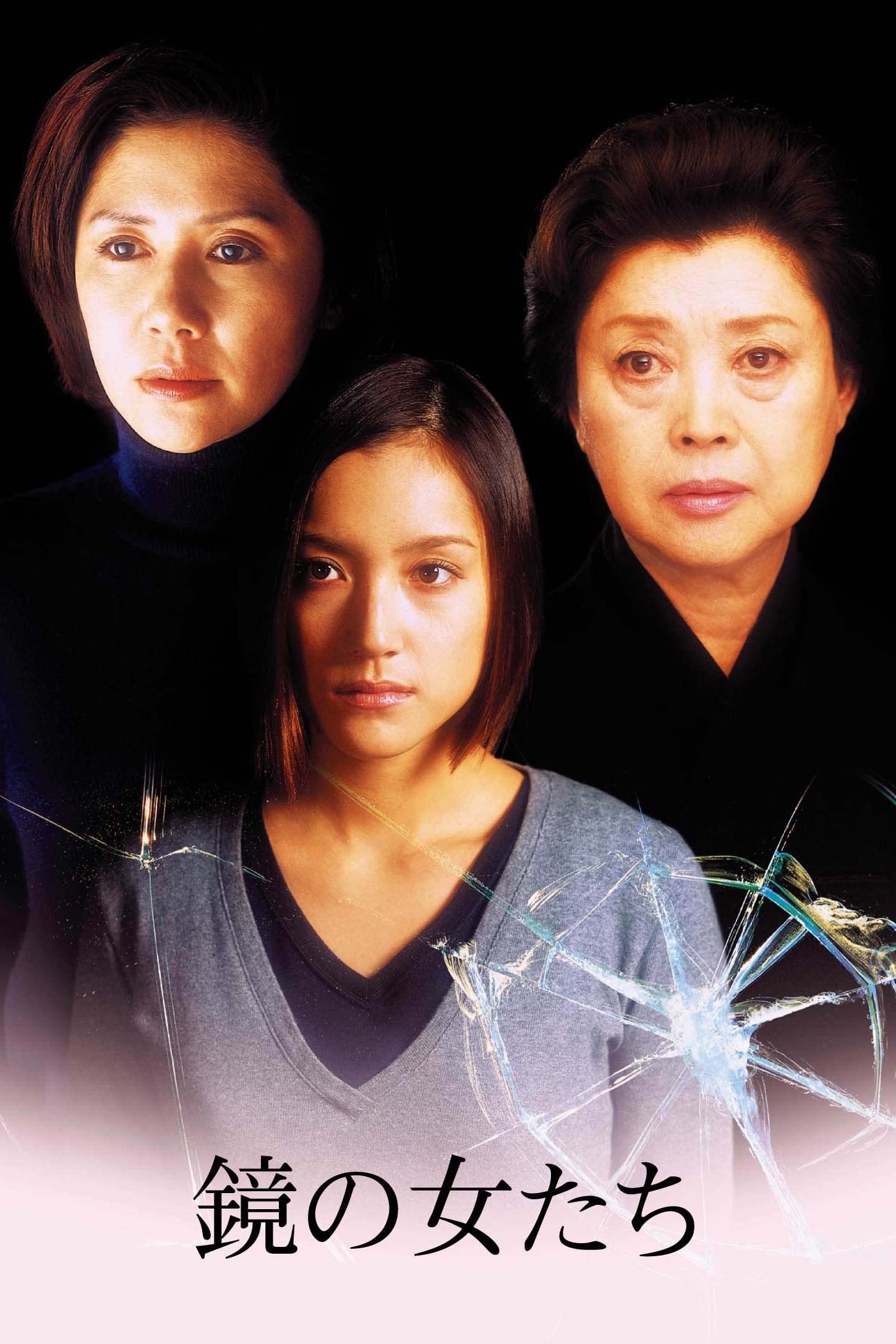
Three women who share memories of the Hiroshima disaster try to uncover the hidden family ties that may or may not bind them together.
Nami, the young madam of a well-established hot spring hotel in Kotohira, is reunited with her childhood friend Kana who has come to participate in an art auction. However, when people with links to the auction start getting killed one after another, Nami sets out to find the criminal with her detective husband Ryohei.
Akane is the young mistress of Notoraku Inn in Ishikawa Prefecture. She is trained by her mother-in-law, Takako, daily. One day, as Yohei, Akane's husband, and Takako are on their way to a friend's wedding, Rekiko, Yohei's childhood friend, confesses her feelings for Yohei in front of everyone at the hotel. The next day, Reiko's body is found and Akane and Yohei become murder suspects.
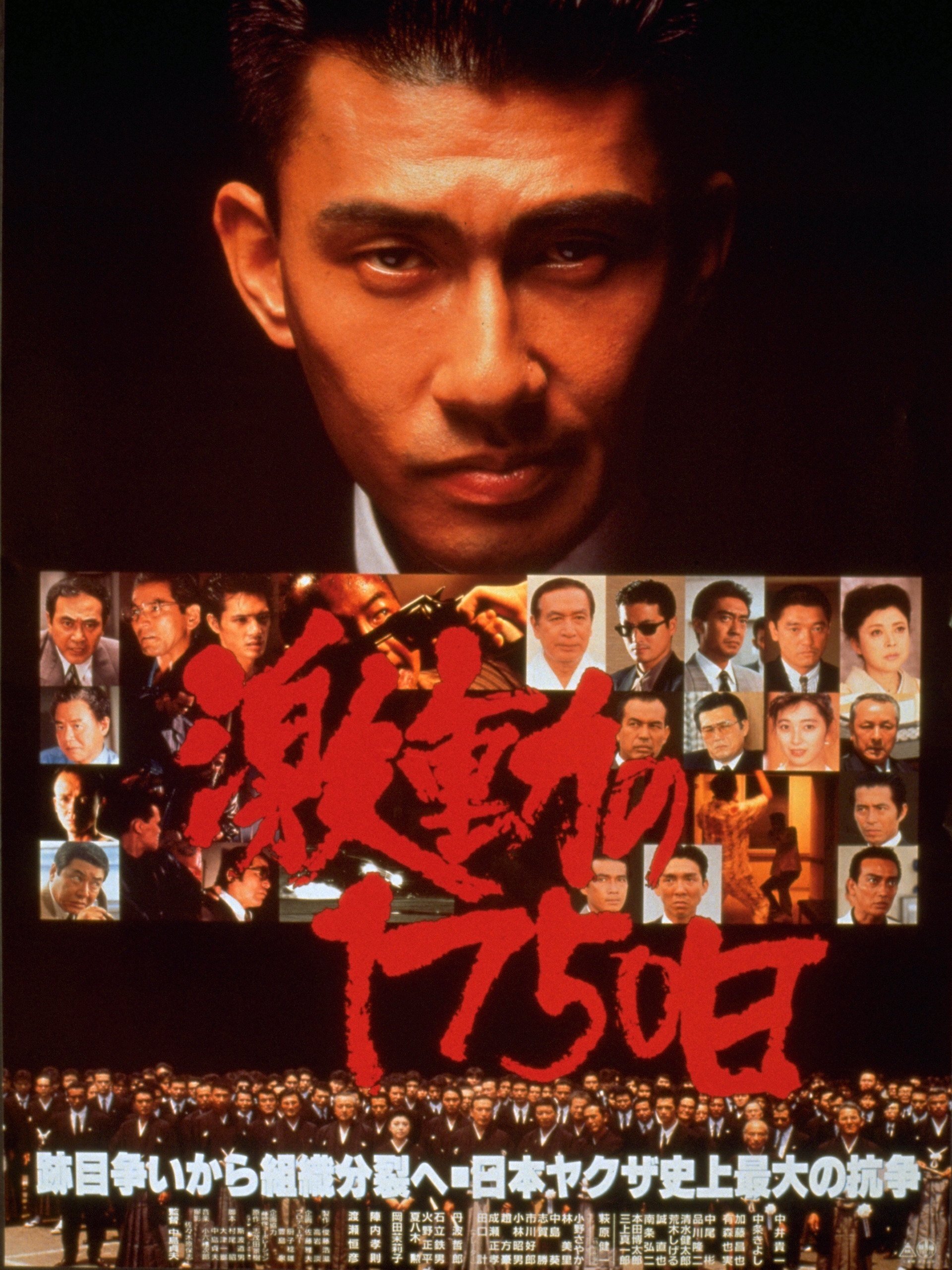
After the death of previous Boss, a gang war lasts for more than four years.
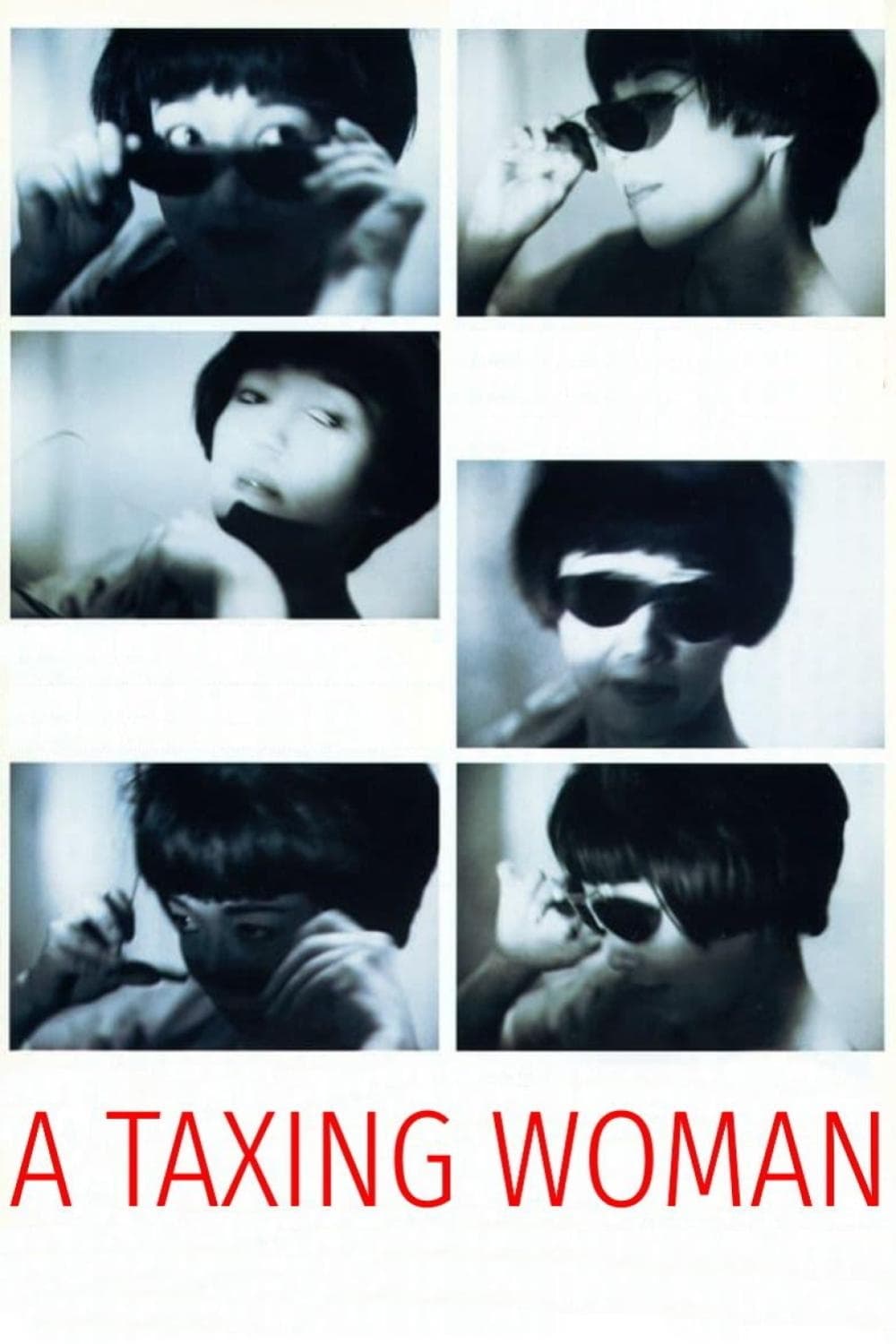
Intrepid tax investigator Ryoko Itakura sets her sights on the mysterious and philandering Hideki Gondo, a suspected millionaire and proprietor of a thriving chain of seedy hourly hotels, who has for years succeeded at hiding the true extent of his assets from the Japanese authorities. Itakura and Gondo soon find themselves engaged in a complicated, satirical battle of wits.
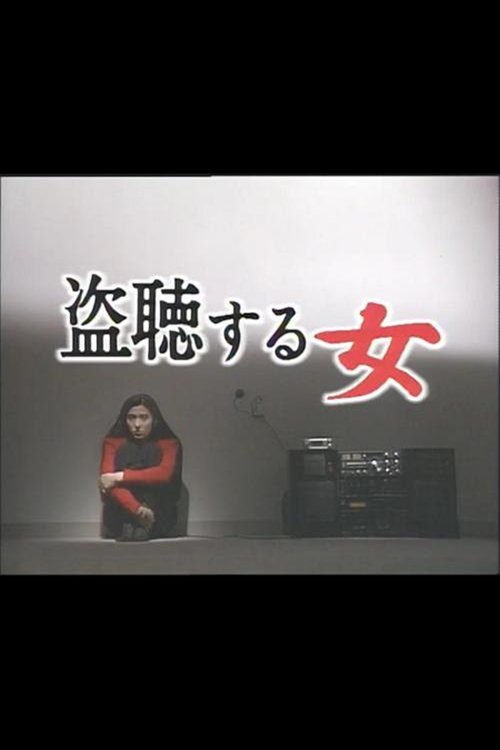
From Wikipedia, the free encyclopedia Mariko Okada (岡田 茉莉子, Okada Mariko, born 11 January 1933) is a Japanese stage and film actress who starred in films of directors Mikio Naruse, Yasujirō Ozu, Keisuke Kinoshita and others. She was married to film director Yoshishige Yoshida. Okada was born the daughter of silent film actor Tokihiko Okada (real name Eiichi Takahashi), who died the year following her birth, and raised by her mother's sister in her early childhood. She gave her film debut in Mikio Naruse's 1951 Dancing Girl, for whom she worked again in Husband and Wife, Floating Clouds and Nagareru. Unsatisfied with the roles she was assigned to, she left Toho studios after her contract expired, and signed with Shochiku. In the following years, she starred in Yasujirō Ozu's Late Autumn and An Autumn Afternoon, Keisuke Kinoshita's Spring Dreams and The Scent of Incense, and Heinosuke Gosho's Hunting Rifle. Between 1965 and 1971, she starred in all of Yoshida's films, independently produced melodramas narrated in an avant-garde fashion. In later years, she appeared in films like Juzo Itami's Tampopo and Shinji Aoyama's My God, My God, Why Hast Thou Forsaken Me? (2005), her last film role to date. She also regularly performed on stage and on television. Description above from the Wikipedia article Mariko Okada, licensed under CC-BY-SA, full list of contributors on Wikipedia.
By browsing this website, you accept our cookies policy.